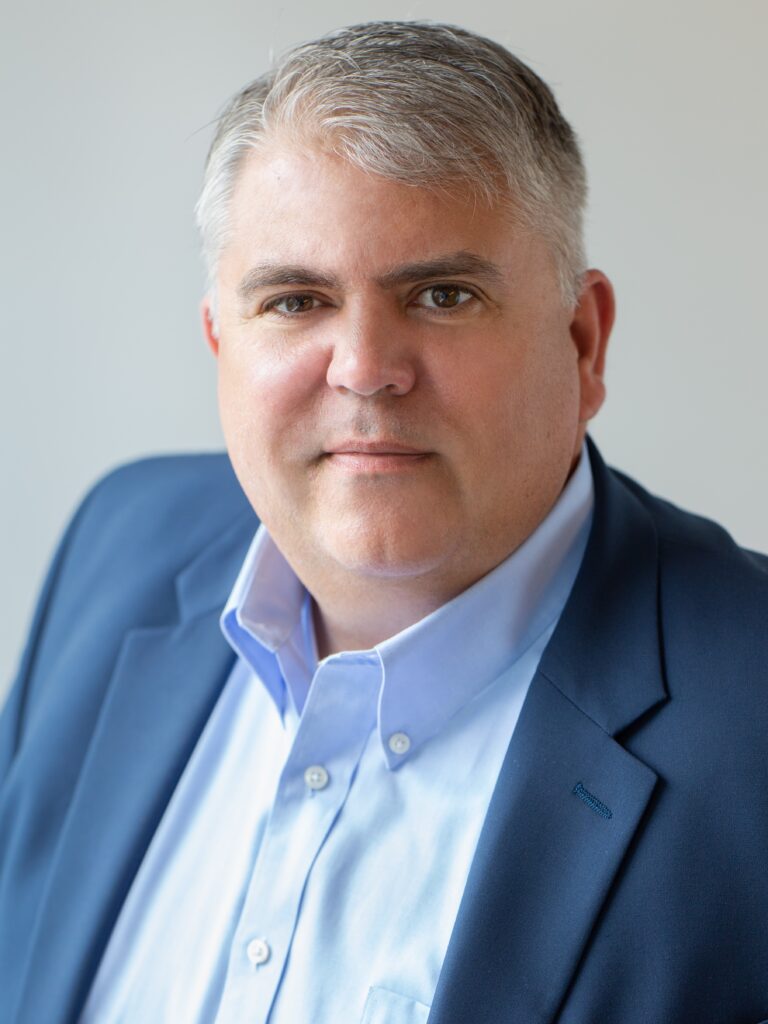Oregon Court of Appeals Issues Decision on Expert Witness Qualifications
From the Desk of Ryan McLellan: Can a chiropractor qualify as an expert in the areas of biomechanical engineering and accident reconstruction? Read on to see how courts analyze the expert’s knowledge, skill, experience, training, and education to determine if the expert is qualified to testify in their respective field.
Claims Pointer: In this case arising out of an automobile accident, plaintiff offered a chiropractor to testify as an expert on issues relating to biomechanical engineering and accident reconstruction. The Oregon Court of Appeals reviewed the expert’s qualifications and found that the expert’s certifications, hours of training, and previous expert qualifications were “more than sufficient to qualify him as an expert” in those fields under OEC 702.
Mall v. Horton, 292 Or App 319 (June 6, 2018).
Plaintiff Sukhdev Mall (“Plaintiff”) was injured when his car was struck by a pickup truck driven by Defendant Andrew Horton (“Defendant”). Plaintiff filed suit for injuries alleged to be caused by the accident. Before trial, the court held a hearing to determine whether Plaintiff’s expert witness, Dr. Jonathan McClaren, a chiropractor by profession, was qualified to testify as an expert in biomechanical engineering and accident reconstruction.
The trial court first considered Dr. McClaren’s credentials with respect to biomechanical engineering. At the hearing, Dr. McClaren testified that he held a certification in “spinal biomechanical engineering, along with an advanced certification in whiplash biomechanics and injury traumatology.” The certifications required several online courses and in-person courses. Dr. McClaren testified that he had not published or taught any courses on the subject, but was previously qualified to testify in Washington County as an expert on biomechanical engineering. The trial court determined that Dr. McClaren did not appear to be an expert in biomechanics, and accordingly, prohibited him from testifying as an expert in biomechanics.
The trial court then looked to Dr. McClaren’s credentials in accident reconstruction. Dr. McClaren testified that he had an accident reconstruction certification from the Accreditation Commission for Traffic Accident Reconstructionists, which required 160 hours of training in crash investigation, 80 hours of training in crash reconstruction training, several weekend courses, and an eight-hour exam. Dr. McClaren had been employed as an accident reconstruction expert three times but only once in the context of litigation. The trial court found that while Dr. McClaren was accredited, he did not have “the requisite professional experience in the field,” and as such, determined that Dr. McClaren was not qualified to testify as an expert in accident reconstruction.
Plaintiff appealed the trial court’s decision. On review, the Oregon Court of Appeals noted that among other requirements, the expert must “pass muster” under OEC 702, which provides:
“If scientific, technical or other specialized knowledge will assist the trier of fact to understand the evidence or to determine a fact in issue, a witness qualified as an expert by knowledge, skill, experience, training or education may testify thereto in the form of an opinion or otherwise.”
(emphasis added). The court pointed out that an expert does not need to demonstrate a level of expertise in a specialized aspect of the field, and that an expert will not be disqualified solely because the expert lacks a specific educational or professional degree. The court also pointed out that OEC 702 “sets forth a liberal standard for qualifying expert witnesses.”
On appeal, defendant argued that Dr. McClaren’s qualifications were insufficient pursuant to Myers v. Cessna Aircraft, 275 Or 501 (1976), and State v. Dunning, 245 Or App 582 (2011). Myers involved an expert who was deemed unqualified to testify on the cause of the plane crash since the expert had no formal training as an accident investigator and never attended a seminar on accident investigation. In Dunning, the court held that a police officer was not qualified to testify as an expert on memory recollection after traumatic events, as the officer had no formal training, passed no exams, and the bulk of his training was derived from reading “some” material from one author and being familiar with a few public documents.
The Court of Appeals pointed out that unlike Myers, Dr. McClaren received formal training, education, and professional experience in both fields, which according to the court, was “more than sufficient to qualify him as an expert.” The court also noted that unlike the officer in Dunning, Dr. McClaren had certifications in both biomechanical engineering and accident reconstruction, which required completion of various courses, training and exams. Accordingly, the Oregon Court of Appeals determined that the trial court erred in finding that Dr. McClaren was unqualified to testify as an expert in biomechanical engineering and accident reconstruction, and remanded the case back to the trial court.
To view the latest Washington Legislative Update: Washington’s New Law Restricts Access to Medical Records in Discrimination Suits, please click here.

















